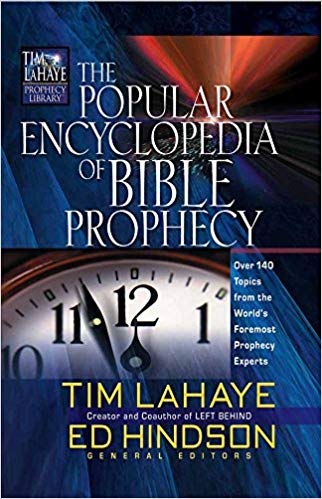ESCHATOLOGY OF ACTS Part III

THE POPULAR ENCYCLOPEDIA OF BIBLE PROPHECY
ESCHATOLOGY OF ACTS Part III
THE RESURRECTION AND JUDGMENT
OF ALL PEOPLE
In his address at Athens, Paul announced that the God who is creator of all is also judge of all.He has even fixed the day and appointed the Judge (Acts 17:30-32). The resurrection of this Judge, Jesus Christ, provides assurance that this judgment will occur. The first century Athenians found it untenable to accept the notion of a physical resurrection because Neo-platonic philosophy regarded the physical realm as innately evil. Why would God raise man physically from death? Man, they thought, would live on only as a spirit. Yet Paul boldly proclaimed this eschatological
resurrection and judgment as a central theme of the Christian gospel.
A NEW DISPENSATION
The book of Acts provides numerous examples of the dispensational transition from the Old Testament to the New Testament. For example, baptism is no longer a Jewish ritual but a distinctively Christian experience
(Acts 19:1-5). Old Testament dietary laws are no longer applicable in the New Testament church (Acts 10:1-16). Gentile converts begin to outnumber Jewish converts as Jesus’ prediction that He will build His church
(Matthew 16:18) begins to come to pass and the gospel spreads to the “uttermost parts of the world” (Acts 1:8).
—James Freerksen
BIBLIOGRAPHY
Bruce, F.F. Acts (NICNT). Revised edition. Grand Rapids:
Eerdmans Publishing Company, 1998.
Fernando, Ajith. The NIV Application Commentary: Acts.
Grand Rapids: Zondervan, 1998.
Harrison, Everett F. Acts: The Expanding Church. Chicago:
Moody Press, 1975.
Kent, Homer A., Jr. Jerusalem to Rome. Grand Rapids:
Baker Books/BMH, 1972.
Longenecker, Richard N. “Acts.” In Expositor’s Bible
Commentary, Vol. 9. Grand Rapids: Zondervan, 1981.

